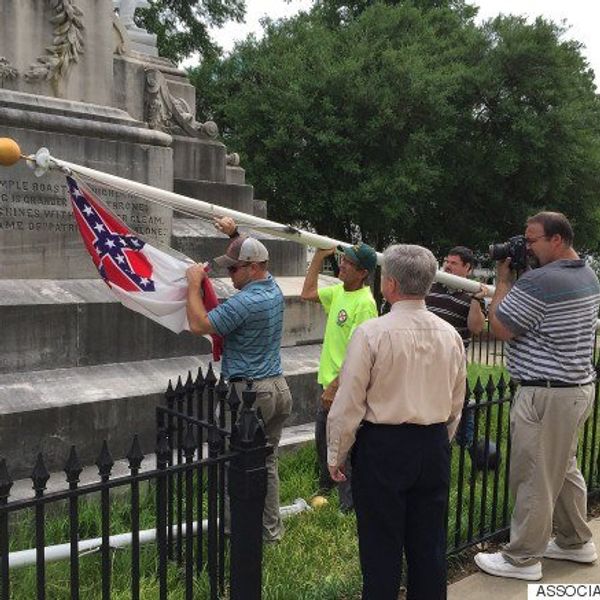A gas spill south of Birmingham, Alabama on Friday led to a state of emergency being declared for both Alabama and Georgia.
According to The Weather Channel, the spill resulted in the shutdown of a pipeline, operated by Colonial Pipeline, that delivers gasoline to a substantial portion of the East Coast. Most of the 6,000 to 8,000 barrels of gas spilled have been contained in a retention pond near Helena, but some of the gas leaked into the soil in a remote area. There is no current threat to the public or the the nearby Cahaba RIver, which is home to a number of sensitive species.
Georgia, Alabama, Tennessee, North Carolina, and South Carolina will likely be the first states to feel the effect of the closed pipeline, and it will be almost entirely economic. Gas prices are expected to rise in portions of the Southeast due to the shortage of gasoline, especially if the pipeline remains closed. Colonial Pipeline has stated that it is shipping gasoline on other lines in order to decrease the shortage, but Patrick DeHaan believes gas prices will rise 5 - 10 cents this week in Georgia, North Carolina, Tennessee, and Virginia and 10 - 20 cents in South Carolina due to the spill.
The emergency executive orders, signed by Alabama governor Robert Bentley and Georgia governor Nathan Deal, only affect truck drivers delivering fuel to areas normally served by the leaking pipeline. These delivery truck drivers are now allowed to work longer hours than mandated by the U.S. Department of Transportation in an attempt to prevent gasoline outages. Alabama's executive order also prohibits price gouging if there is a shortage.
The pipeline normally ships up to 1.3 million barrels of petroleum products a day along the Southeastern seaboard up to New York Harbor, and some suppliers have begun shipping refined gasoline via boat to New York while the pipeline is down. Colonial Pipeline does not expect to reopen the pipeline until next week.
For more information, visit The Weather Channel or AL.com.





















